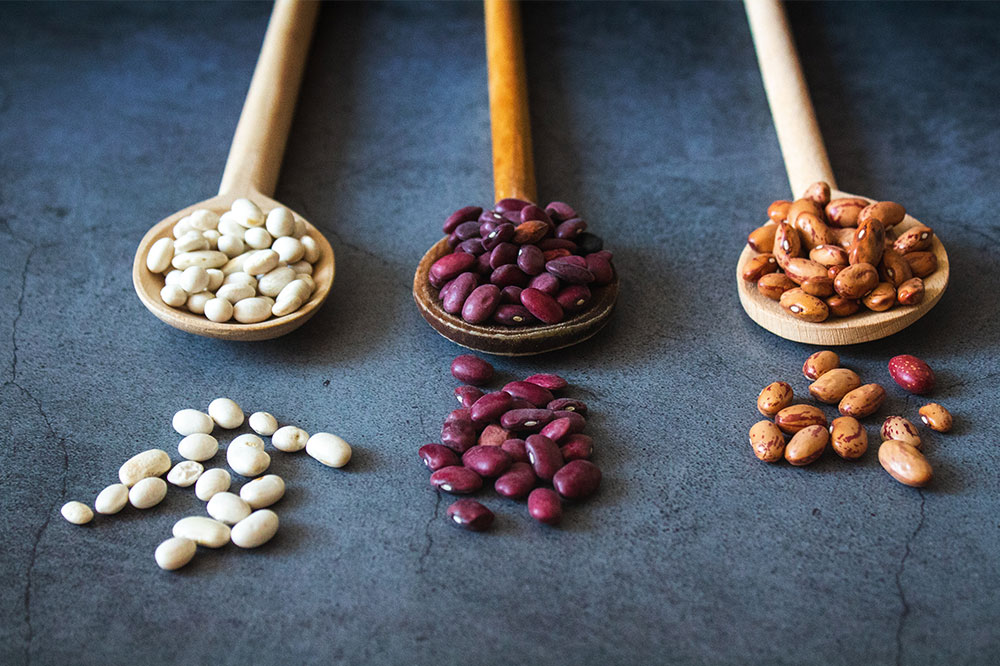
01
6 mistakes to avoid while booking a hotel
Various online platforms have made booking accommodations a breeze. Whether you are traveling within the country or abroad, you need to make sure that you have chosen the right place to say and made the bookings correctly, so there’s no issue when checking in. However, certain common mistakes people tend to make when booking hotels can put a hitch in their trip. Here’s a list of six such booking mistakes that you should avoid: Not clarifying the different elements of the rate Many a time when making a booking, people just see the room rate. They forget to check out other additional components of the room rate. For example, many forget to find out about taxes. If you are booking online, there are resort fees that you may not see immediately and forget to check about. The resort fee is an amount charged for certain amenities at the property and is mostly not part of the basic room rate. You may realize the extra amount to be paid only when you arrive at the hotel, and at that time, it is too late to cancel your booking without paying a hefty fee. Therefore, it is best to gather all information before you make the booking.
Read More 













